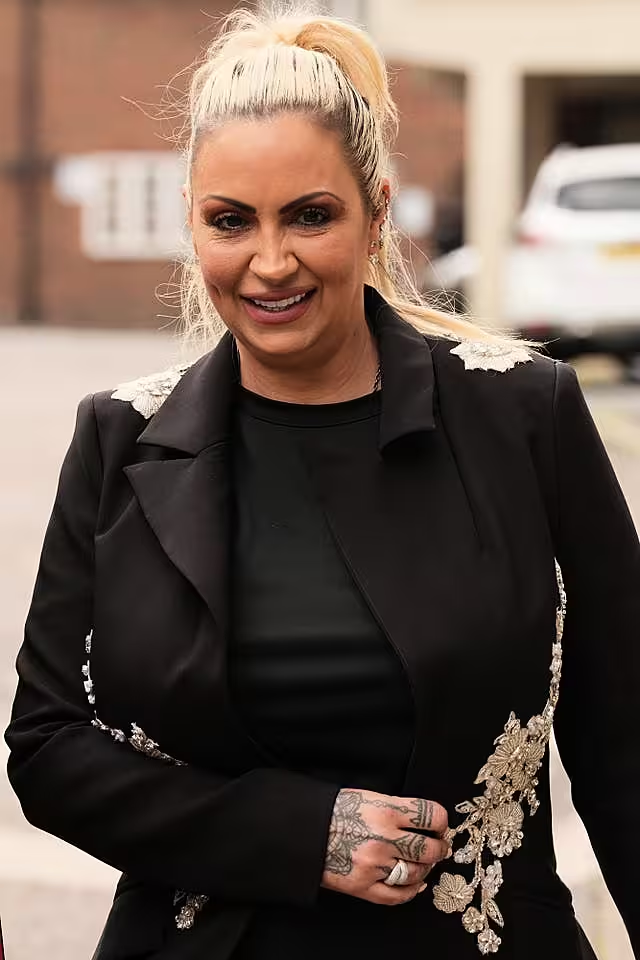
A judge has stayed former model Jodie Marsh’s appeal against the council’s refusal of her application for a licence to keep lemurs at her animal shelter.
Celebrity personality Ms Marsh, a former bodybuilder, has claimed at previous hearings that much of the criticism of her home in Lindsell, nine miles north-west of Braintree in Essex, comes from internet trolls.
Last year, Uttlesford Borough Council rejected her application to keep the lemurs and Ms Marsh is appealing the decision.
Five videos of screeching lemurs at the zoo were played at a hearing at Colchester Magistrates’ Court on Wednesday.
Andrew Bonham, Uttlesford Council’s senior environment inspector, said a noise survey had been carried out at the zoo but the location was not disclosed in court.
“I would guess that most people have no idea what lemurs sound like,” he told the court.
He added that the footage did not relate to the animals that were the subject of Ms Marsh’s request.
He also said Ms Marsh had been asked to provide information on the location of the lemurs she was planning to purchase for a noise study but “she was unable to provide that information”.
Paul Oakley, representing Ms Marsh, asked Mr Bonham about the distance from which the lemur videos were taken.
Mr Bonham said four of the clips were filmed from a distance of three metres, and one from 70 metres.

He noted that the nearest neighbouring plot or window to Ms Marsh’s alleged lemur habitat was “approximately 45 metres away”.
“If these particular lemurs that were captured on video… had appeared at Ms Marsh’s, it would likely have resulted in violations and we would likely have received complaints,” Mr Bonham said.
Mr Oakley added that council staff believed “lemurs are unlikely to be a source of noise pollution”.
He described the conclusion that lemurs would likely contribute to the (noise) impact as “speculative.”
Mr Oakley also said the lemurs Ms Marsh wanted had been relocated elsewhere.
He added that the new
Sourse: breakingnews.ie